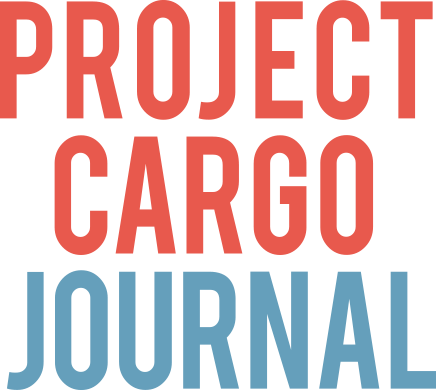27,500 TEU container ship behemoth is born
A groundbreaking 27,500 TEU container ship design, setting a new world record in capacity, has been unveiled at SMM in Hamburg.

A 27,500 TEU container ship design, a new world record, has been developed by China State Shipbuilding Corporation’s (CSSC) Shanghai Ship Research and Design Institute. This giant vessel, GREEN SEALION 27500, was unveiled on September 3rd at the SMM Hamburg Maritime Exhibition, where it received its Approval in Principle (AiP) certificate from DNV classification society.
The design features LNG dual-fuel propulsion and an optimised hull that meets IMO Phase III carbon reduction standards. Additionally, the vessel achieves zero emissions in port through shore power.
Alongside this, CSSC also received AiP certificates for four other designs, including a 20,000 TEU ammonia dual-fuel container ship, a 16,000 TEU LNG dual-fuel container ship, a 103,000 cubic meter Very Large Ethane Carrier (VLEC), and a 93,000 cubic meter Very Large Ammonia Carrier (VLAC) at the fair.
DNV has also awarded AiPs to Huangpu Wenchong Shipbuilding Company (HPWS) for two new container ship designs, the HPWS SWAN 3,500 TEU ammonia-fueled container ship and the SWAN 1,300 TEU container ship, a new-generation ice-class feeder vessel specifically designed for intra-European operations, powered by LNG fuel.

In addition, DNV has awarded shipping and logistics company Wallenius Wilhelmsen its first biofuel insetting verification statement – recognising the company’s use of B100 in a recent voyage on the Morning Post vehicle carrier. DNV said that bunkering B100 at Port of Antwerp-Bruges, the vessel consumed the biofuel over its scheduled voyage, resulting in a reduction of 90 % CO2 equivalent on well-to-wake basis. This statement is DNV’s first commercial verification of Biofuel insetting with 100% biofuel (B100) and marks a new chapter in shipping’s journey toward decarbonisation.




